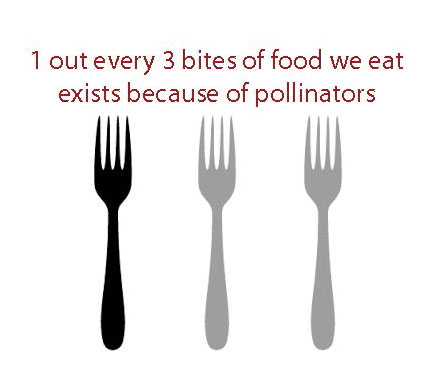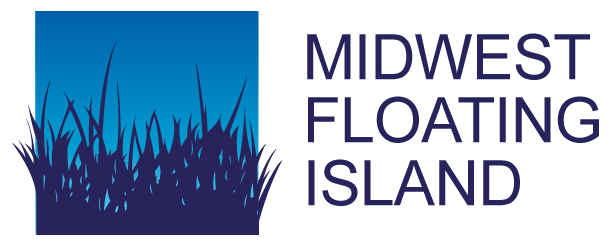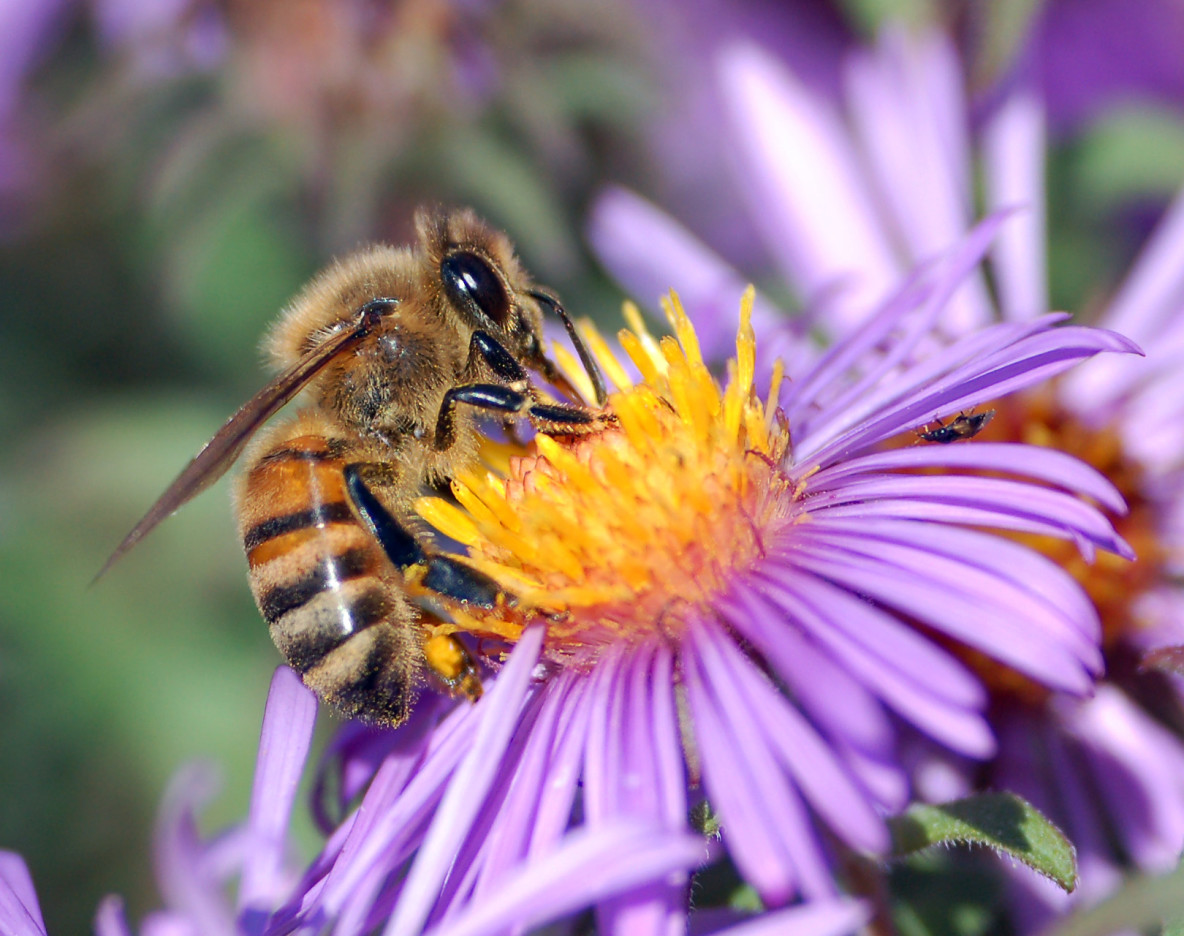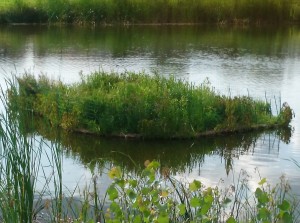Why Pollinators are Important:
Summer is a wonderful time of the year. The birds are singing, bees are buzzing, and the pleasant aroma of flowers wafts through the air. At least that is how summer should be. But do you know pollinators are in peril?
Pollinators are small birds, bats and insects that move from plant to plant searching for protein-rich pollen nectar. Pollinators need native plants to sustain them for their long migrations. As they travel, they are dusted by pollen and move it to the next flower which fertilizes it. This allows the plant to reproduce and form seeds, berries, fruits and other plant food.
This is the beginning of a massive food chain. Pollinators assist with reproducing over 80% of the world’s flowering plants. “Native plants are 4 times more attractive to pollinators than non-native plants,” says author and photographer Heather Holm. 35% of the world’s food crops depend on animal pollinators to reproduce. In the United States, pollination by honey bees contributed to over $19 billion of crops in 2010.
Pollinators are in Peril
Pollinators are in danger. Hundreds of pollinator species are on the verge of extinction due to habitat loss, fragmentation, disease, and pesticides. The global warming crisis has also altered the seasonal behavior of pollinators.
Climate change is causing bees to emerge at different times of the year when flowering plants have not yet emerged. Due to this, many bees die very quickly without their main food source.
Monarch butterflies populations have decreased 90% in 20 years due to the loss of its main caterpillar home in milkweeds plants. Most other plant-eating insects also depend on specific types of plants for their survival, and most birds rely on those insects to feed their young.
In addition to the insects, 16% of pollinating vertebrates like birds and bats are also in danger of a massive decline in population levels.
What Can You Do To Help?
- Plant native flowering plants in your garden. These are the plants they rely upon as their main food source.
- Avoid pesticides! Insects are good for a healthy garden, and they’re an important source of food for birds. If you plants natives, they can attract beneficial pest predators.
- Pollinators love water. Fill a shallow birdbath with gravel and pour water on top. Or create a muddy patch in the corner of your yard for pollinators.
- Install a BioHaven Floating Island with native plants on a pond or shallow lake. Islands provide a natural and sustainable solution to help the pollinators. The islands will provide a flourishing habitat for pollinators. You can even add small additions to the islands to attract certain pollinators; for example you can gather and bind Joe Pye Weed bundles to create a place for bees to nest. Or you could plant your island with swamp milkweeds to attract butterflies.
Midwest Floating Island
www.MidwestFloatingIsland.com
(651) 379-2480
info@midwestfloatingisland.com


